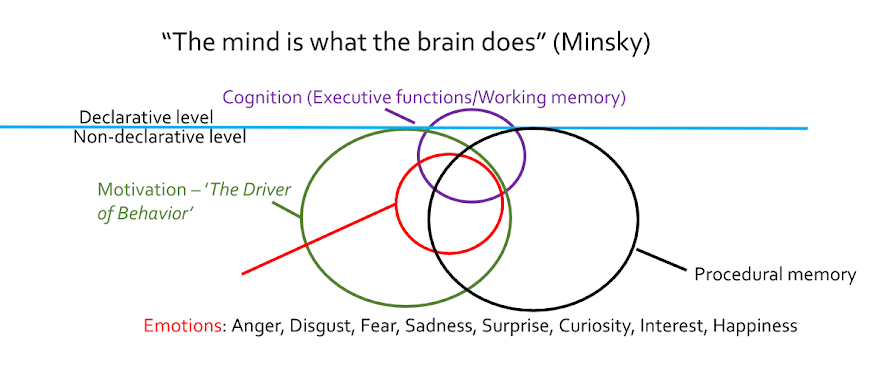Please support the blog via Swish (Sweden), MobilePay (Finland) or Wise.
In connection with being recruited to the only fully funded position as a PhD student at the Faculty of Natural Resources and Agricultural Sciences, at the University of Agriculture in Ultuna outside Uppsala, I also presented an idea about how the commitment among farmers could increase. The idea met with great opposition.
History shows:
- (1) that farm co-ops are torned by within-group conflicts,
- (2) the there is a risk with suggesting new ideas to groups of people.
This is very typical for people in general. Instead of changing a bad strategy, we just try harder. This can be explained myside bias (Stanovich, 2021), simulation bias (Kahneman and Tversky, 1982) or conformity, to mention a few.
When I pitched the idea that cooperatives had a different socio-cultural setup compared to traditional organizational and used kibbutzes in Israel as a reference, the coffee boiled over among the professors (not all though).
– are you comparing Swedish agricultural co-operations with kibbutzes in Israel?
I replied: – yes!
I got access to data and did some testing, showing that I had a point, but nothing really happened.
Soon after, the university experienced an organizational crises, and the management decided to (1) re-organize (often a bad idea), and (2) decentralize the process of idea generation for change to the level of operation. That meant that us researchers was doing the job on our own dime.
Long story short, the resistance to my idea was mitigated during one pf those network meetings, where we also consumed a beer or two. Soon after, we began to cooperate – I did the design and assessment and prof Nilsson wrote the report.
The paper has caught attention from all over the world, which I'm very pleased with.
Having said that, there are som inconsistencies between the research and the reporting. People who read the paper without consulting the important table 1 – 3, get a different experience of the result compared to those who read table 1 – 3.
Here's abstract:
This study explores the extent to which members' assessment of their cooperatives' degree of success is related to various member attributes, notably the members' perception of their participation in the governance of the cooperatives. Three categories of member attributes are identified: satisfaction with the profitability of farm operations, age of the member, and experience from board work. The cooperatives' degree of success is measured as members' commitment towards cooperatives, and members' trust in the board of directors.Link to source.
The data originate from a mail survey among 2,250 Swedish farmers. The results indicate differences in members' commitment and their trust towards directors to be due to farm profitability, the members' age and experience as directors. After adding members' perception of their participation in the governance as a covariate, most of the other differences are explained by this variable. Age is still partly associated with trust towards directors; older farmers have less trust.
Here's table 1–3.
 |
| Table 1. Österberg and Nilsson (2009). |
 | ||||
|
Please support the blog via Swish (Sweden), MobilePay (Finland) or Wise.
Mer om min expertis:
Executive coaching for CEOs/managers and workshops to facilitate Organizational Performance, Learning, and Creativity for Problem Solving | Lectures: Nutrition for physical and mental health | Course/lecture: children's emotional and social adjustment and cognitive development | Language training - Swedish | Academy Competency | CV | Teaching skills and experience | Summary of research project | Instagram | Linkedin | YouTube-channel | TikTok | Twitter



No comments:
Post a Comment